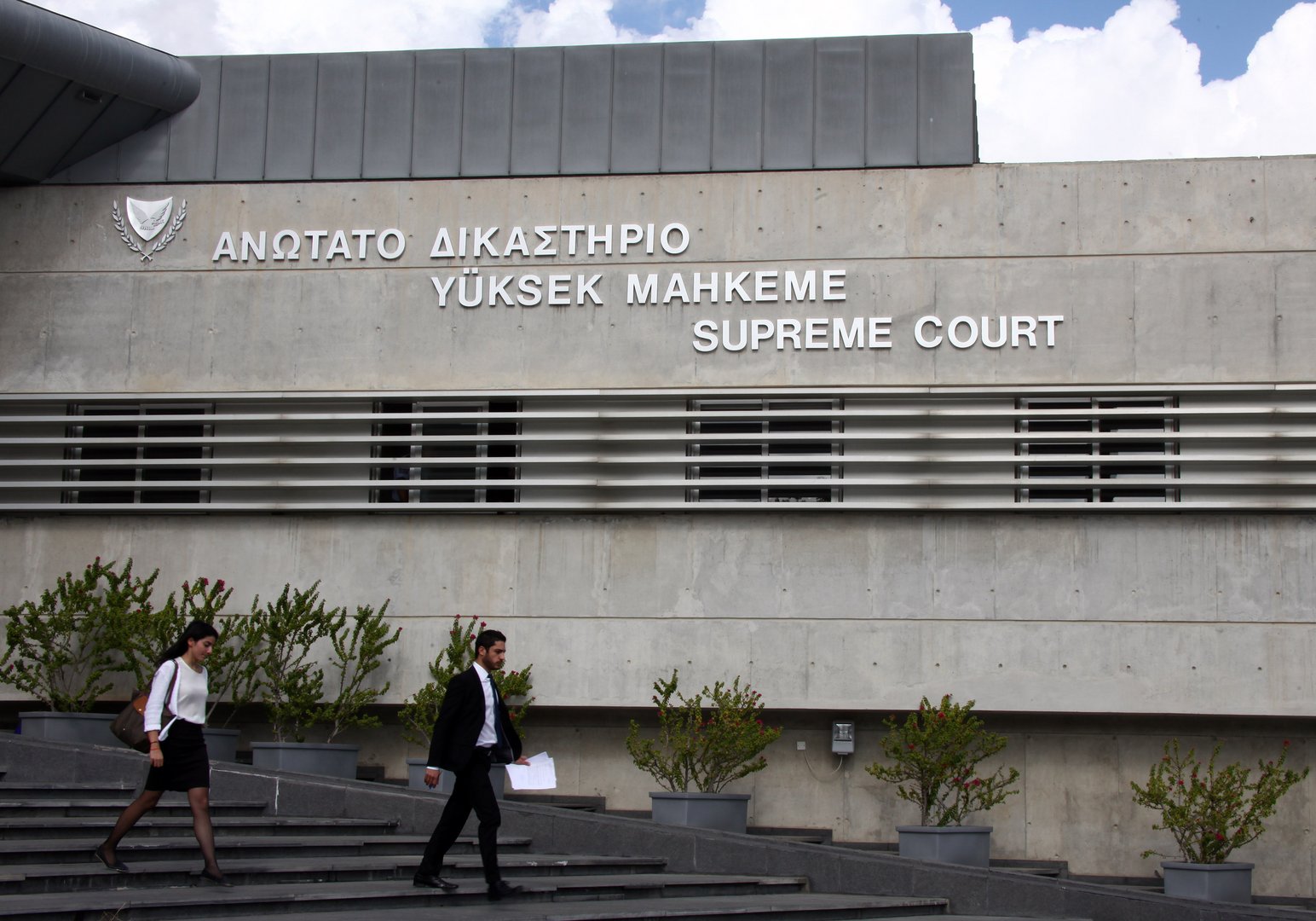The Supreme Constitutional Court has given two weeks to the parliament and the attorney-general’s lawyers to prepare their opening statements on the law concerning wealth declarations – or ‘pothen esches’ – and other laws referred to it by President Nikos Christodoulides.
The request for extra time was made by the lawyers of both sides and accepted by president of the court Antonis Liatsos.
The court has five referrals before it regarding laws passed by the House plenary and then sent back by the president.
Justifying his decision to refer the laws, Christodoulides stated they were unconstitutional, violated the separation of authorities and were not in line with European legislation.
By passing the pothen esches law, the House introduced the obligation for all officials and public figures to submit an online wealth declaration.
The declaration included the individuals’ personal and professional assets, as well as those of their spouses, partners and dependents.
An annex to the law includes specific officials and public figures who will be submitting declarations. The attorney-general, the deputy attorney-general, the director of the president’s press office and the presidents and vice-presidents of district government organisations have been added.
The attorney-general is represented in court by attorneys Polys Polyviou, Achilleas Emilianides and Nikolas Kallenos. The House is represented by Christos Clerides.
The attorney-general and his deputy have long been opposed to submitting their capital statements, arguing this would not serve transparency, and on the contrary would subject them to “unwarranted” scrutiny and to potentially malicious misinformation about their wealth.
During the procedure, Polyviou commented on specific references included in the appeal filed by Clerides.
Polyviou said Clerides’ references to former director of the prisons Anna Aristotelous, former police drug squad chief Michalis Katsounotos, the Anticorruption Committee and the death of national guardsman Thanasis Nicolaou, which “are imputed or appear to be imputed to the attorney-general and deputy-attorney general” were “irrelevant”.
“These references cause unease and may create [false] impressions in general,” Polyviou said.
Clerides said the references were made to show the involvement of the attorney-general and deputy attorney-general in public discourse and that their role was “totally different” from that of the judges.







Click here to change your cookie preferences